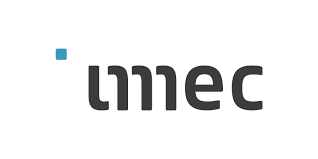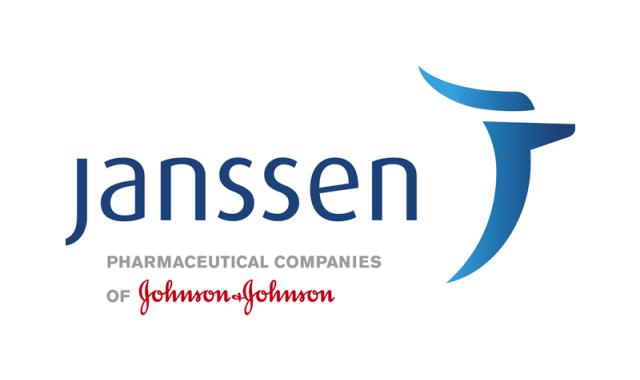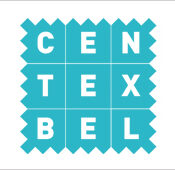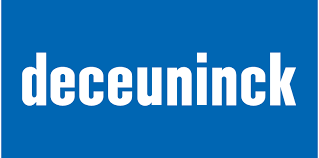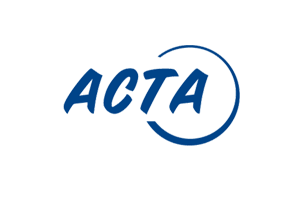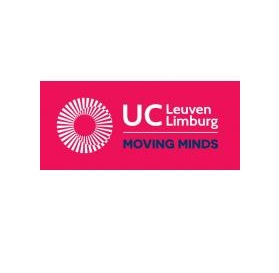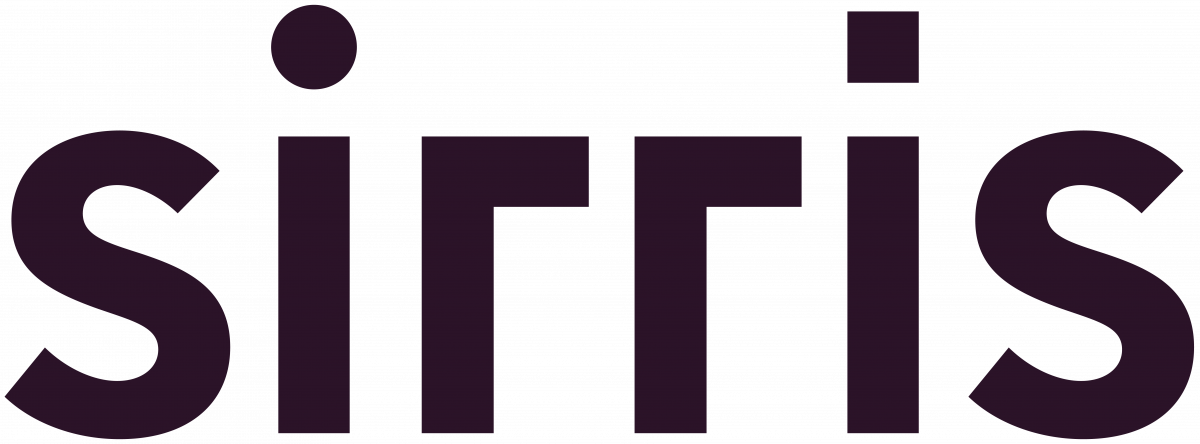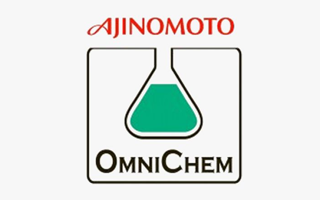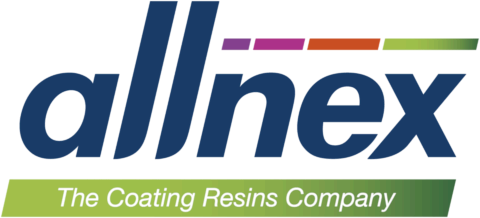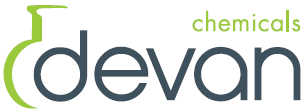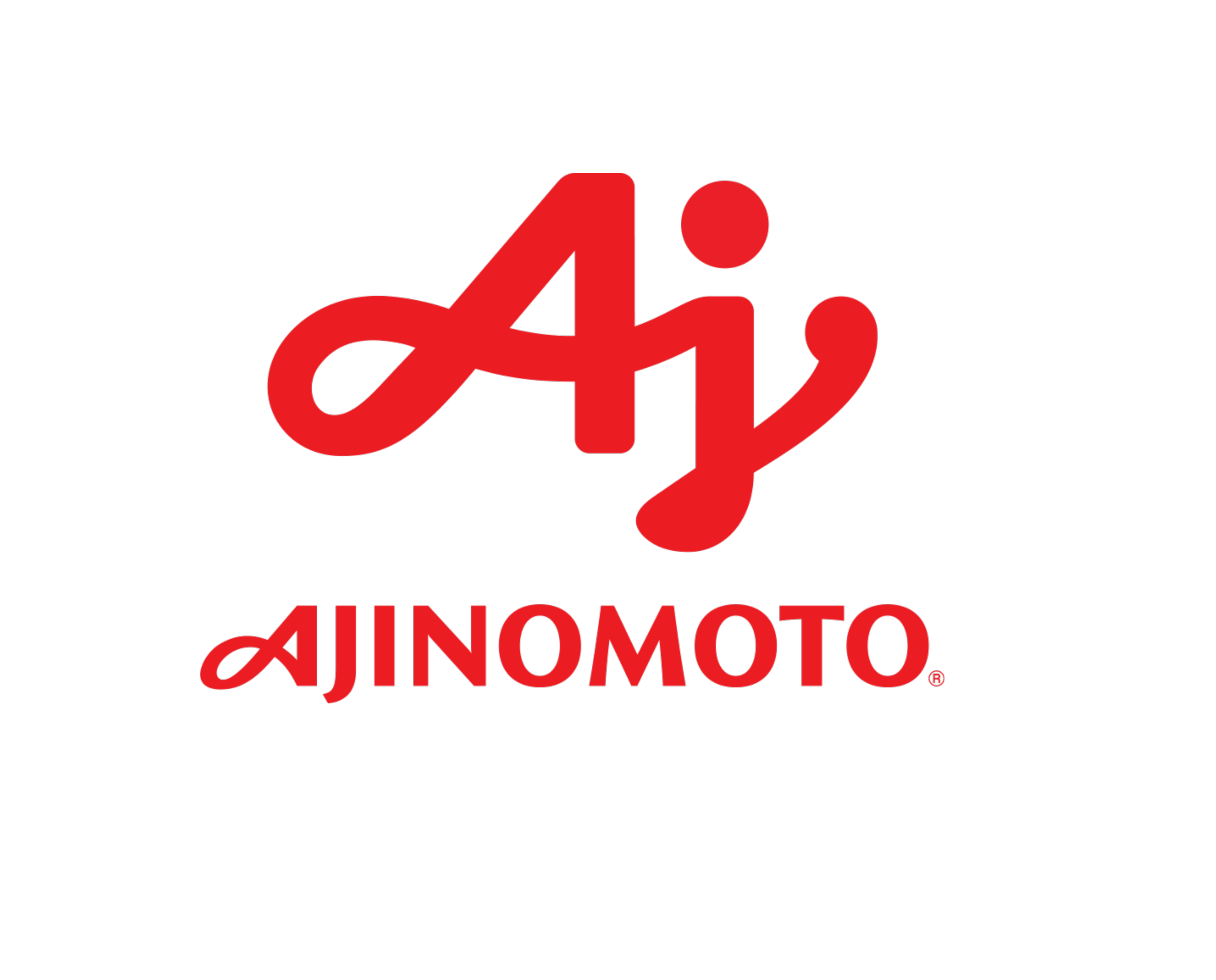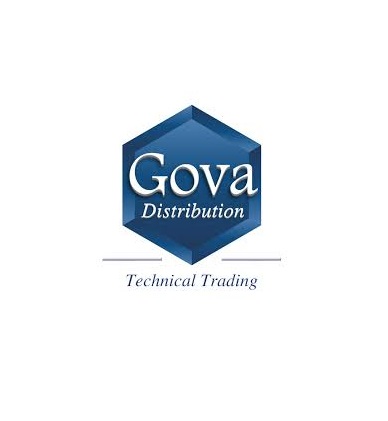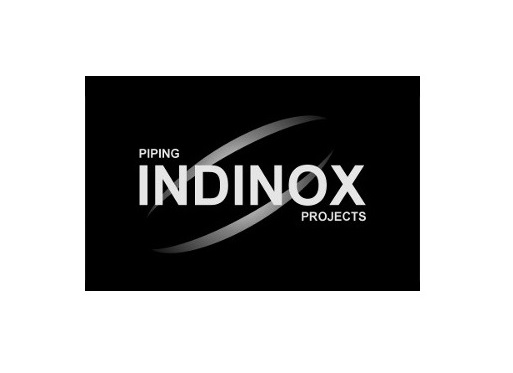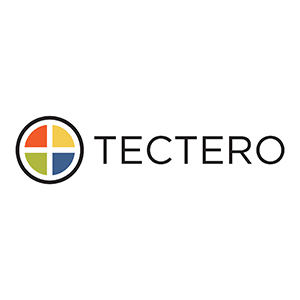Enzyme Prediction Toolbox
The intercluster project Enzymares, supported by Catalisti, Blauwe Cluster and Flanders’ FOOD, will develop an enzyme prediction toolbox to speed up enzyme discovery and reduce the time-to-market for new enzymes. The innovative toolbox will contribute to the success of enzymes as sustainable bio-catalysts and thus support companies in making their processes and products more sustainable.
Enzymes everywhere
Enzymes are ubiquitous. They are used in fine and specialty chemicals, pharmaceuticals, food and (aqua)feed products, textiles, cosmetics, and so many more industrial applications. As they are non-toxic and biodegradable, enzymes are an attractive alternative to chemical additives or catalysts. In fact, enzymatic catalysis has the potential to make industrial processes cleaner as well as more resource- and energy-efficient, thereby contributing to a more sustainable industry.
Given their wide array of applications and their sustainable profile, it’s no surprise that the global demand for enzymes is growing rapidly. Specifically, the hunt is on for new or better performing enzymes in terms of substrate selectivity, inhibition sensitivity, chiral selectivity, pH and temperature range. There is also an increased focus on enzyme performance in extreme conditions (e.g. high salt tolerance, hyper-thermostability, barophilicity, cold adaptivity).
Several sources…
Luckily, biological resources, and particularly marine environments, offer an enormous opportunity for enzyme exploration. Moreover, while current research has focused on tapping enzymes from microbial organisms, more complex eukaryotic organisms may represent yet another untapped reservoir of discovery.
Enzymes are ubiquitous. They are used in fine and specialty chemicals, pharmaceuticals, food and (aqua)feed products, textiles, cosmetics, and so many more industrial applications. As they are non-toxic and biodegradable, enzymes are an attractive alternative to chemical additives or catalysts. In fact, enzymatic catalysis has the potential to make industrial processes cleaner as well as more resource- and energy-efficient, thereby contributing to a more sustainable industry.
Given their wide array of applications and their sustainable profile, it’s no surprise that the global demand for enzymes is growing rapidly. Specifically, the hunt is on for new or better performing enzymes in terms of substrate selectivity, inhibition sensitivity, chiral selectivity, pH and temperature range. There is also an increased focus on enzyme performance in extreme conditions (e.g. high salt tolerance, hyper-thermostability, barophilicity, cold adaptivity).
Several sources…
Luckily, biological resources, and particularly marine environments, offer an enormous opportunity for enzyme exploration. Moreover, while current research has focused on tapping enzymes from microbial organisms, more complex eukaryotic organisms may represent yet another untapped reservoir of discovery.
… but difficult to discover
Tapping this reservoir and finding the right enzymes is, however, not straightforward. Today, most new enzymes are found through high-throughput functional screenings of genomic libraries and a comparison with biological databases.
Once interesting enzymes have been identified, their performance in industrial applications is assessed. This assessment can take years and, even then, the majority of enzymes identified through the screening process proves not to be particularly useful. In short, finding the right enzymes is extremely time-consuming and resource-demanding, slowing down their valorisation and application.
Optimising the enzyme discovery pathway
The intercluster project Enzymares seeks to speed up enzyme discovery by developing an enzyme prediction toolbox. The toolbox will optimise the enzyme discovery pathway through:
Through its innovative toolbox, Enzymares will contribute to the success of enzymes as sustainable bio-catalysts and thus support companies in making their processes more sustainable.
Tapping this reservoir and finding the right enzymes is, however, not straightforward. Today, most new enzymes are found through high-throughput functional screenings of genomic libraries and a comparison with biological databases.
Once interesting enzymes have been identified, their performance in industrial applications is assessed. This assessment can take years and, even then, the majority of enzymes identified through the screening process proves not to be particularly useful. In short, finding the right enzymes is extremely time-consuming and resource-demanding, slowing down their valorisation and application.
Optimising the enzyme discovery pathway
The intercluster project Enzymares seeks to speed up enzyme discovery by developing an enzyme prediction toolbox. The toolbox will optimise the enzyme discovery pathway through:
- an improved high-quality database that integrates different types of molecular and biological data
- the inclusion of ecological information about the organism and its habitat, as organisms inhabiting extreme habitats are far more likely to produce enzymes capable of performing under extreme conditions
- the inclusion, at an early stage, of process parameters and performance needs, to make sure that enzymes are indeed fit-for-purpose, to significantly increase the number of qualitative hits, and to reduce the time-to-market
Through its innovative toolbox, Enzymares will contribute to the success of enzymes as sustainable bio-catalysts and thus support companies in making their processes more sustainable.
Project Details
| Project type: | SBO, intercluster with Blauwe Cluster and Flanders’ FOOD |
| Approved on: | 20/05/2021 |
| Duration: | 01/09/2021 – 31/08/2025 |
| Total budget: | €2.699.884 |
| Subsidy: | €2.699.884 |
Project Partners
To tackle the complexity of the enzyme discovery pathway, a multidisciplinary approach is crucial. Therefore, Enzymares brings together experts in ecology, microbiology, protein (bio)chemistry, bioprocess technology, bioinformatics and machine learning. The intercluster project is supported by three Flemish spearhead clusters: Catalisti, Blauwe Cluster and Flanders’ FOOD.
To tackle the complexity of the enzyme discovery pathway, a multidisciplinary approach is crucial. Therefore, Enzymares brings together experts in ecology, microbiology, protein (bio)chemistry, bioprocess technology, bioinformatics and machine learning. The intercluster project is supported by three Flemish spearhead clusters: Catalisti, Blauwe Cluster and Flanders’ FOOD.
Industrial Advisory Board
AB Mauri, Ajinomoto Bio-Pharma Services, B4Plastics, BASF, Bienca, Cargill, ChemStream, DEME, Flen Health, IMAQUA, Innovad, INVE, Kemin, Nutrition Sciences, Open Analytics, Proviron, Puratos, Tereos.
AB Mauri, Ajinomoto Bio-Pharma Services, B4Plastics, BASF, Bienca, Cargill, ChemStream, DEME, Flen Health, IMAQUA, Innovad, INVE, Kemin, Nutrition Sciences, Open Analytics, Proviron, Puratos, Tereos.
Contact
Questions about this project? Please contact catalyst Martijn Mertens (mmertens@catalisti.be).
Questions about this project? Please contact catalyst Martijn Mertens (mmertens@catalisti.be).

